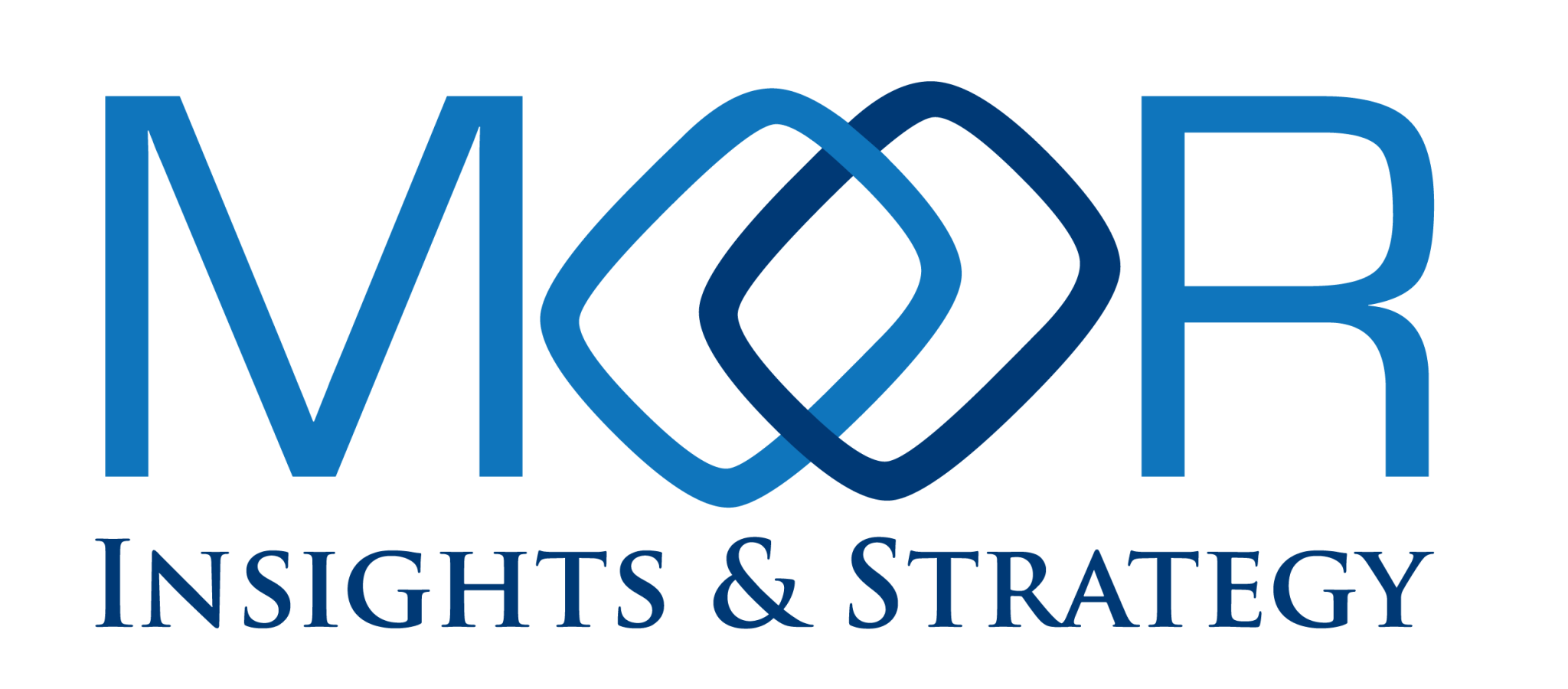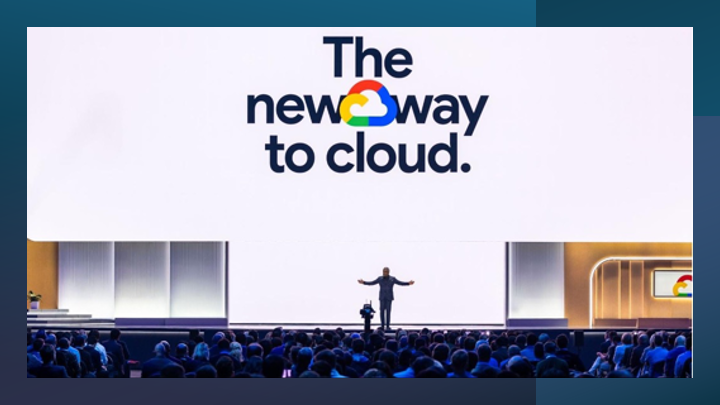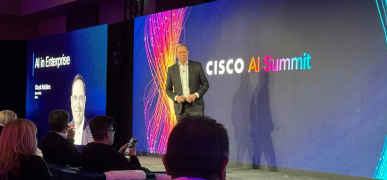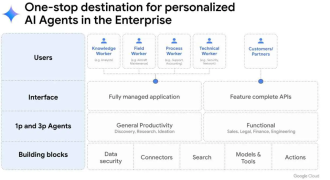We are clearly in the midst of an AI revolution, but to be successful, it also requires a data management revolution. As enterprises focus on managing their most valuable asset—data—they are increasingly recognizing the need for strong data management strategies to support AI. The connection between these has led Google Cloud to systematically invest in both AI and data management to improve customers’ ability to handle large volumes of data, to ground generative AI apps in enterprise data, and ultimately to improve their business performance.
Data should be treated as a major asset; to achieve that, companies must have a comprehensive data management strategy that addresses how the organization stores, accesses, secures, governs, integrates, analyzes, and backs up and recovers all of that data. Without a proper data management strategy, enterprises risk making poor decisions, perpetuating inefficiencies, suffering security breaches, failing to comply with regulations, missing sales opportunities, and potential incurring financial losses.
Google’s Data Cloud integrates data and AI to provide scalable and flexible data management, analytics, and machine learning solutions. This piece explores how Google’s technology strategy around Gemini—embodied in products such as BigQuery, Vertex AI, and AlloyDB—has influenced its customers’ approaches to data management.
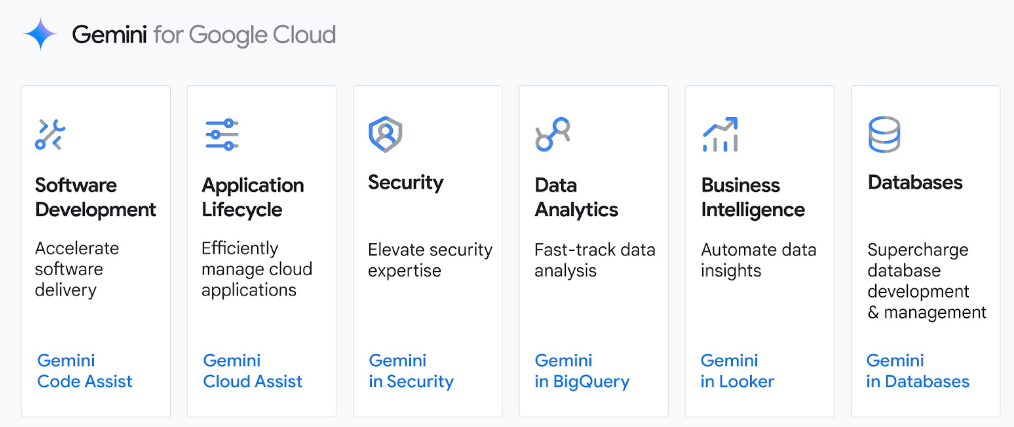
Illustration of integrations of Gemini AI across Google Cloud offerings
Data Cloud Market Analysis
Given all the hype around cloud-based data and AI, it’s no surprise that the cloud market is rapidly growing, driven by increasing data volumes and the need for improved data processing and analytics. The cloud computing market as a whole is expected to expand from $676 billion in 2024 to $2.292 trillion by 2032, with a CAGR of 16.5% during this period. This expansion is primarily driven by the increased implementation of modernized enterprise applications (ERP, SCM, CRM, HCM, CMS, etc.) in the cloud, along with corresponding investments in AI, machine learning, analytics, data warehousing, and data management as companies integrate cloud solutions into their operations to accelerate digital transformation.
Google wants to maintain a position of technology leadership in AI integration and real-time data processing, and it is investing heavily in developing these technologies within Google Cloud. By implementing AI and data management solutions for customers such as Airtel, Bayer, and Mercedes Benz, Google is expanding its presence across various markets. In short, its tech strategy helps it create effective products to address existing and emerging customer needs across those markets.
Google Advances Its Tech Stack
With more than 60% of funded GAI startups and nearly 90% of GAI startup unicorns being Google Cloud customers, Google holds an important leadership position in data management for AI. This success extends to large enterprises such as Mercedes-Benz, which utilizes Google Cloud’s Vertex AI, Gemini, and BigQuery to enhance customer experiences. The introduction of Google’s Agent Builder within Vertex AI further improves client experiences by allowing the creation of customizable GAI models with varying levels of coding, from low-code to high-code.
Google’s cloud investments have helped it achieve a fivefold increase in its cloud business over the past five years; indeed, Google Cloud reached $36 billion in annual revenue run rate in the fourth quarter of 2023. The company’s significant investments in AI have given more support to this growth. In a previous article, I detailed how Google Data Cloud Ignites A Generative AI Renaissance, showing Google’s commitment to advancing data and AI technologies.
Google Continues to Advance with AI
The introduction of Gemini 1.5 Pro marks a milestone in AI for Google, particularly in understanding extended contexts, given its ability to process up to 2 million tokens. This model can also handle complex tasks with diverse inputs from audio, video, text, and code sources. (For more about the technical aspects of Gemini 1.5 Pro, check out this detailed writeup from my Moor Insights & Strategy colleague Paul Smith-Goodson.) Google Cloud is also making its AI tools more accessible through Vertex AI, which allows developers to customize and manage AI models. Over a million developers now use Google’s generative AI tools. Developers benefit from the Gemini model for code generation and the ability to link model outputs to verifiable information sources such as Google Search.
Gemini Code and Cloud Assist (formerly Duet AI for Developers) provides AI-powered coding assistance that supports development teams in building, deploying, and operating applications across the software lifecycle. Gemini Code Assist aims to fit seamlessly into existing workflows by integrating with popular IDEs such as VS Code, JetBrains IDEs, and Google’s Cloud Shell. Google Cloud customer Wayfair reports that adding Gemini Code Assist allowed developers to set up environments 55% faster and increase unit test coverage by 48%; on top of that, 60% of the developers polled reported higher focus and more satisfying work while using Gemini Code Assist.
AlloyDB AI leverages Gemini to assist in building generative AI applications with real-time data. Gemini also simplifies code and schema conversion to ease the process for customers looking to migrate and modernize legacy databases. Gemini’s enhancements in AlloyDB include vector indexing, increasing query performance, and supporting advanced data analysis scenarios. Google Cloud customer Endear reports that, in comparison to PostgreSQL, AlloyDB lowered CPU requirements for throughput and latency, reducing costs by 40% to 50%. In comparison to PostgreSQL, AlloyDB is also four times faster for transactional workloads and 100 times faster for analytical queries.
Data and AI Expand BigQuery
BigQuery has also been enhanced by integrating with Gemini, creating a unified data analytics platform that manages diverse data types and is capable of large-scale data processing. Gemini brings AI-driven automation to BigQuery, streamlining routine data analytics tasks and freeing analysts to work on more complex analyses. Gemini can, for instance, automatically detect patterns in visual data to generate insights.
Dataplex provides intelligent data governance, enabling better data monitoring, management, and control. It now provides data-to-AI governance with the ability to catalog and search data and models in Vertex AI. It also provides lineage capabilities to support Vertex AI pipelines, further supporting data-to-AI workloads. To take one customer example, Informatica has adopted BigQuery, Vertex AI, and Gemini to help its clients improve their enterprise data.
The new Data Canvas capability in BigQuery simplifies data management by enabling customers to use natural language for data discovery, transformation, querying, and visualization. Gemini also adds data cleaning and preparation tools to BigQuery, making it easier to transform, cleanse, and improve data. BigQuery can manage missing values and standardizing formats; Google has also improved its metadata management by enabling it to track changes to datasets, which supports auditing for better governance.
Integrating new features in BigQuery, such as the ability to store images and videos in Object tables, alongside multimodal models such as Gemini 1.0 Pro for text and Gemini 1.0 Pro Vision for image/video analysis, is reshaping data analysis. Using these capabilities with Vertex AI, data engineers and analysts can apply more sophisticated reasoning and handle multiple data types directly within BigQuery. This approach could benefit companies across many sectors by making data analysis more comprehensive and efficient.
Gemini Enhances Security
Gemini 1.5 Pro also improves threat protection by identifying harmful files via detection of unknown binaries and providing detailed descriptions of threats. In tests scanning decompiled and disassembled code, Gemini 1.5 Pro delivers results in an average of 30 to 40 seconds—significantly faster than competitors, which require multiple scans of broken-down files.
Integrating Gemini 1.5 Pro into Google Cloud also enhances cloud and cybersecurity efficiency by allowing security teams to use natural language processing to create detailed analyses of threat actors’ behaviors. Its increased processing capacity also enables Google Threat Intelligence to respond to threats adaptively and effectively.
The Benefits of Google’s Data, AI, and Ecosystem Innovations for Customers
Google Cloud is banking on data and Gemini for the next era of cloud computing. From the outset, Google Cloud’s ecosystem of partners has extended Google’s ability to help its customers with tailored solutions. Working alongside systems integrators and software vendors, Google facilitates new technology adoption, promotes innovation, enhances partner capabilities in AI and analytics, and supports a unified market approach.
One important facet of the Google Cloud ecosystem is the company’s Data Cloud Alliance. The Alliance promotes data portability, governance, and collaboration among its members, enabling businesses to utilize their data effectively while maintaining privacy and compliance. At the April 2024 Google Cloud Next event, Google also announced that multiple new partners had joined its Google Cloud Ready initiatives for BigQuery, AlloyDB, and Cloud SQL. These alliance partners are committed to promoting industry standards for data models, data governance, global compliance, and skill development.
Along with expanding its GAI offerings, Google Cloud is emphasizing the importance of energy-efficient and economically viable AI solutions. By optimizing the power consumption of products such as Gemini in its energy-efficient data centers, Google backs up its stated philosophy while also keeping a lid on costs.
Conclusion
Google Cloud’s moves to double down on data management and AI are a response to the ongoing revolutions in both fields. These moves position Google as one of the leading providers in the growing cloud market. With Gemini and innovative products such as BigQuery, Vertex AI, and AlloyDB, Google is effectively addressing the complexities of managing each stage of the data lifecycle, with leading AI advancements supported by open platforms.
Success stories from major enterprises such as Mercedes-Benz and Airtel highlight how Google’s technology is transforming data management and customer experiences in the real world. Google’s commitment to sustainability and secure AI practices further cements its position among competitors AWS, Microsoft, and Oracle in the cloud field.
By integrating cutting-edge AI capabilities with a broad range of data management solutions, Google Cloud has set the stage for even more advances in both cloud computing and enterprise data management. This approach gives businesses in the generative AI era tools to thrive in a data-driven world.
